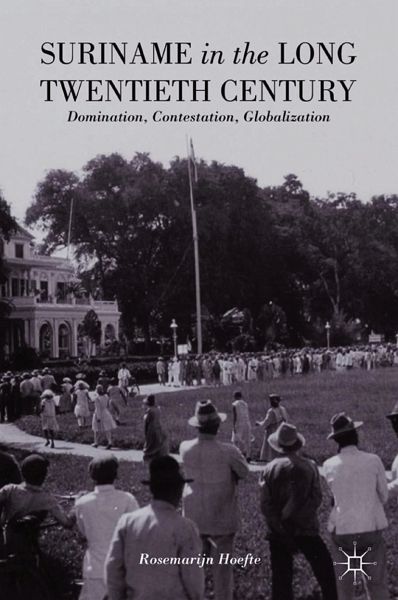
Suriname in the Long Twentieth Century (eBook, PDF)
Domination, Contestation, Globalization
Versandkostenfrei!
Sofort per Download lieferbar
72,95 €
inkl. MwSt.
Weitere Ausgaben:

PAYBACK Punkte
36 °P sammeln!
Despite its modest size, the republic of Suriname is today the site of many distinctive processes of globalization. This intersectional study teases out the complex relationships among class, gender, and ethnic identity over the course of Suriname's modern history, from the capital city of Paramaribo to the country's resource-rich rainforest.
Dieser Download kann aus rechtlichen Gründen nur mit Rechnungsadresse in A, B, BG, CY, CZ, D, DK, EW, E, FIN, F, GR, HR, H, IRL, I, LT, L, LR, M, NL, PL, P, R, S, SLO, SK ausgeliefert werden.












